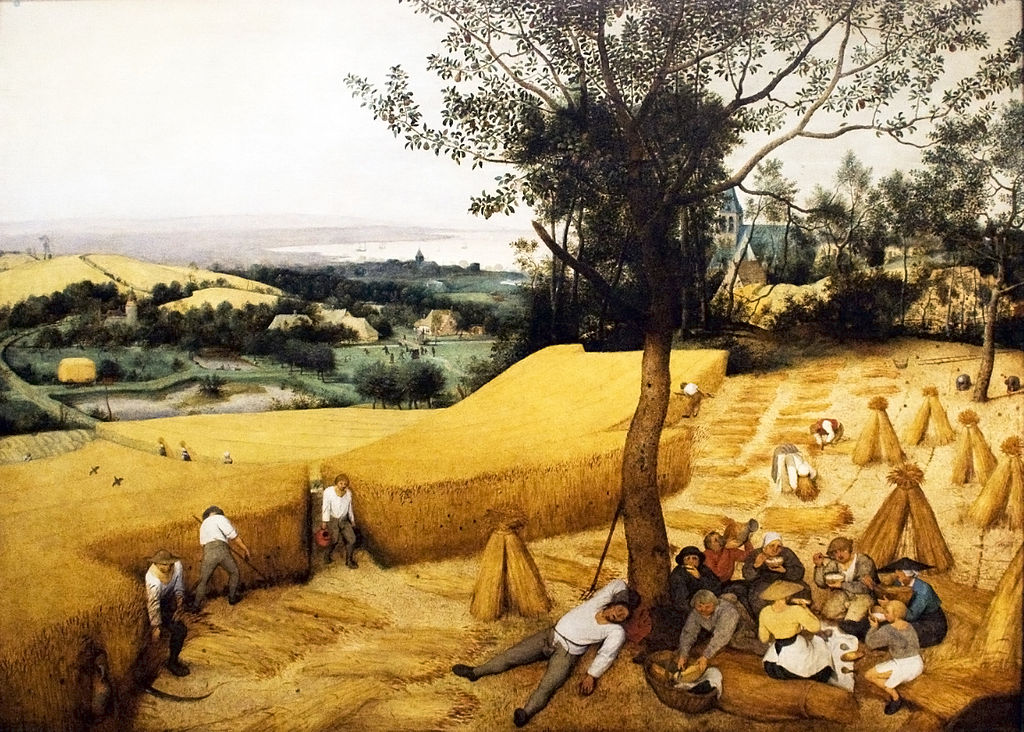What is Private Law for?

Albert Camus famously wrote that ‘life is the sum of all your choices.’ Private lawyers could not agree more. At the core of private law lies the idea that individuals are allowed to know better than the State.
How the Law Enables People to Flourish
People may decide for themselves to contract, to dispose of their property before or after death, to start a family, to claim compensation for other people’s unlawful conduct, or to refrain from any of this. This insight forms the basis for my new book Advanced Introduction to Private Law aiming to introduce an audience of non-specialists to the field of private law.
Private law enables individuals to lead the life they value
Two challenges had to be faced in writing this succinct book. The first is that the term private law eludes any precise definition. In the common law world private law is even not seen as a unitary field at all; the term is at best a loose reference to recognised categories such as the law of contract, tort and property. This was once different in continental Europe, where private law was long regarded as a distinct field of study standing opposite public law. But this is no longer true today: extreme specialisation had led to a situation in which family law seems largely unrelated to tort law and even contract and property law are often dealt with by specialists who are likely to remain within the safe confines of their own sub-discipline. This prompted the need to rethink what it is that contract, tort, property, family and succession law have in common. My answer takes its cue from the Albert Camus quote: private law enables individuals to lead the life they value. In order to realise this, it must balance individual autonomy with countervailing considerations such as distributive justice and protection of weaker parties.
At the core of private law therefore lies the value that society wants to place upon people in pursuing their own individual goals without the need for authorisation by other people or the state. Private law allows people to shape their own legal relations with others by choice, provided this choice can be made in a meaningful way. While the public interest is actively upheld by the state (which has received special powers to make this possible), private interests are only created and maintained if private individuals wish to do so. To give examples from all five major branches of private law: private law facilitates people in keeping or transferring their property; in making contracts about anything a person could wish (ranging from a simple purchase at the supermarket to employment and insurance) or to refrain from doing so; in claiming compensation for other peoples’ unlawful conduct or to turn the other cheek on the wrongdoer; in deciding to marry, to divorce and whether to have children or not; and, finally, in disposing of one’s property after death or relying on the default rules of succession. In this sense, private law forms the backbone of civil society. It allows people to flourish in matters of economy, work, leisure and family (in the words of Aristotle: to live ‘the good life’) or to take the deliberate decision not to do so. Thus looking at private law as pursuing this aim greatly helped me in building a – hopefully – coherent argument.
The second challenge I faced is how to move away from the narrow introspection of rules in order to avoid the small corners of the doctrinal universe. My approach here is to look at the many national rules of private law as variations on a common theme, showing the diversity of solutions to common problems. In this respect I always liked the approach of economists not to focus on the idiosyncrasies of some national economy but instead – as Gary Becker once wrote – apply the economic way of looking at life. I firmly believe that lawyers can do a similar thing by applying the legal way of looking at societal problems. This method seems well suited to make the law engaging for an audience of non-specialists in that it allows to move away from the boundaries of place and time.
The well-known story comparative lawyers like to tell about judicial decisions is that highest courts in different countries write these for different audiences. The highly readable English decisions are primarily written for a general audience, while the unbearably learned German decisions are mostly written to be understood by academics. The apodictic decisions of the highest court in France seem to have been written for the judges themselves, so the story goes. A legal academic must also ask the question whom he is addressing when scribbling down his views of the law. This book I wrote for an audience of interested laypeople. When writing it I mostly had in mind my niece who is a trained sociologist but knows very little of the law. I like to see the book as an intellectual journey leading the reader from the family home to Kuta Beach, from Nina Hagen to Piketty and from Rousseau to Naomi Wolf.
Published on Law Blogs Maastricht and originally posted on Elgar Blog
Image: Painting by Pieter Bruegel the Elder- The Corn Harvest (August).
